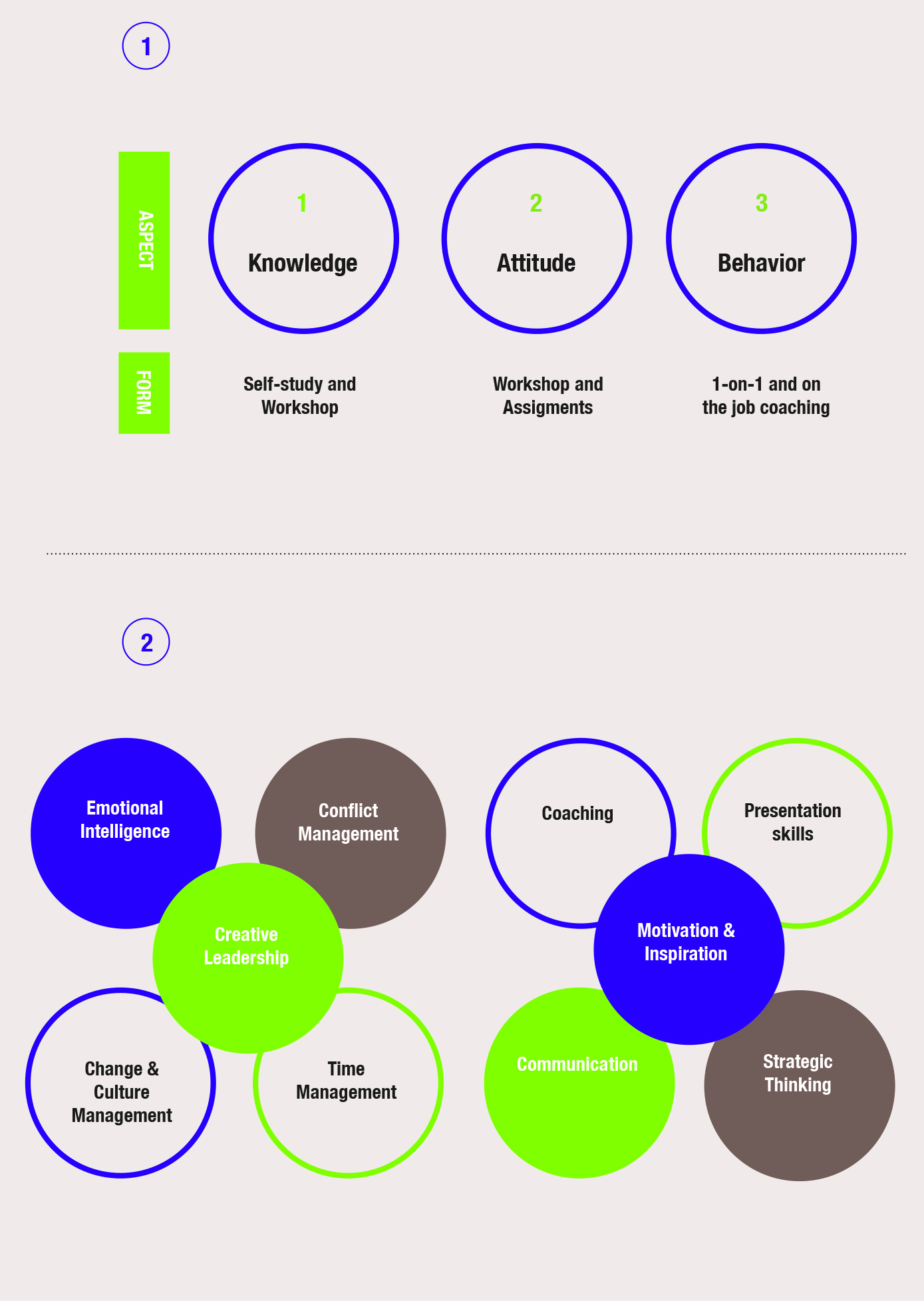Accelerate your future leaders’ growth
Participants will be able to test new strategies and practical tools through hands-on experiences with instant feedback and participate in integrated sessions that connect our program content to their real-world business challenges.
Our professionals at Grant Thornton Aruba have extensive experience with (leadership) development programs, having already seen over 200 participants at manager and supervisory level, from both the public and the private sector of Aruba with the combined programs of year 2014 up to 2018.
This year, Grant Thornton Aruba has made a twist for the development program, and has launch its “Professional Development Program”, focusing on accelerating your future leaders’ growth.
Our purpose
The purpose of the Professional Development Program is as follows:
• To build future leaders, by uncovering their leadership style and develop their leadership strengths;
• To empower future leaders to overcome challenges that emerge as they take on greater leadership roles;
• To provide a platform for future leaders to come together to discuss and share leadership experiences and best practices.
Unlock future leaders’ potential for growth
We unlock future leaders’ potential for growth by focusing on three core aspects: Knowledge, Attitude and Behavior. These aspects will contribute to developing the business acumen and essential soft leadership skills of the future leaders.
1)
Proven concept
The Professional Development Program is a one-year program,
which consists out of: 10 workshops of 3 hours each, 4 coaching sessions of 1 hour each, and 5 individual assignment.
The workshops contain a blended structure of theoretical concepts and the practical application thereof. Participants are expected to actively participate and improve their leadership skills through: sharing experiences, group discussions, giving presentations, and solving case studies.
Furthermore, participants will have the opportunity to attend one-on-one coaching sessions, where we will help them put the topics of the workshops into daily practice.
Next to the workshops and coaching sessions, participants will receive individual assignments for self-study, or a group assignment connected to real-world business challenges.
Essential soft skills for future leaders
Based on what research says about essential soft skills for future leaders, we have incorporated the following 10 topics:
2)
These 10 topics will cover the day-to-day essential skills that continue to be a challenge for all leaders. For example: Everyone knows it, a crowded to-do list that just doesn’t seem to get smaller. In today’s working environment, we are constantly distracted from our activities: a call in between, an urgent task and an important e-mail that needs to be answered. In short, you have the idea that you are constantly busy, but not with your important tasks. Or, you are always confronted with difficult conversations and conflicting situations. Every time, we try to avoid these situations until the situations escalates and drastic occurrences take place. Being able to conduct difficult conversations, manage emotions appropriately in conflicting situations and resolve conflict on the work floor is critical.
Furthermore, we will help future leaders uncover their potential in these workshops by providing them:
• a set of tools that will help them facilitate creativity in employees and maintain the creative culture and enthusiasm.
• tips on how to identify, understand and manage their feelings, strengths, limitations, actions and understand how these affects others around them.
• skills on how to stimulate others to grow and give constructive feedback.
• discussions on the different methods that can be implemented to improve their interpersonal communications skills.
• tips on how they can conduct a difficult conversation and resolve conflicts in a positive way.
• tips on how they can develop their strategic thinking skills and show them how to apply this in their daily work.
• to set the right priorities regarding their time format, and organize their time more effectively and efficiently.
• tools on how to make the right takes place, how to present as a professional, and the ability to change style during a presentation.
• tools on how to introduce new behaviors in the organization taking into consideration change management aspects as well as organizational culture aspects.
• practical guidelines how the participants can inspire and motivate people to perform at their maximum capacity and creativity.

